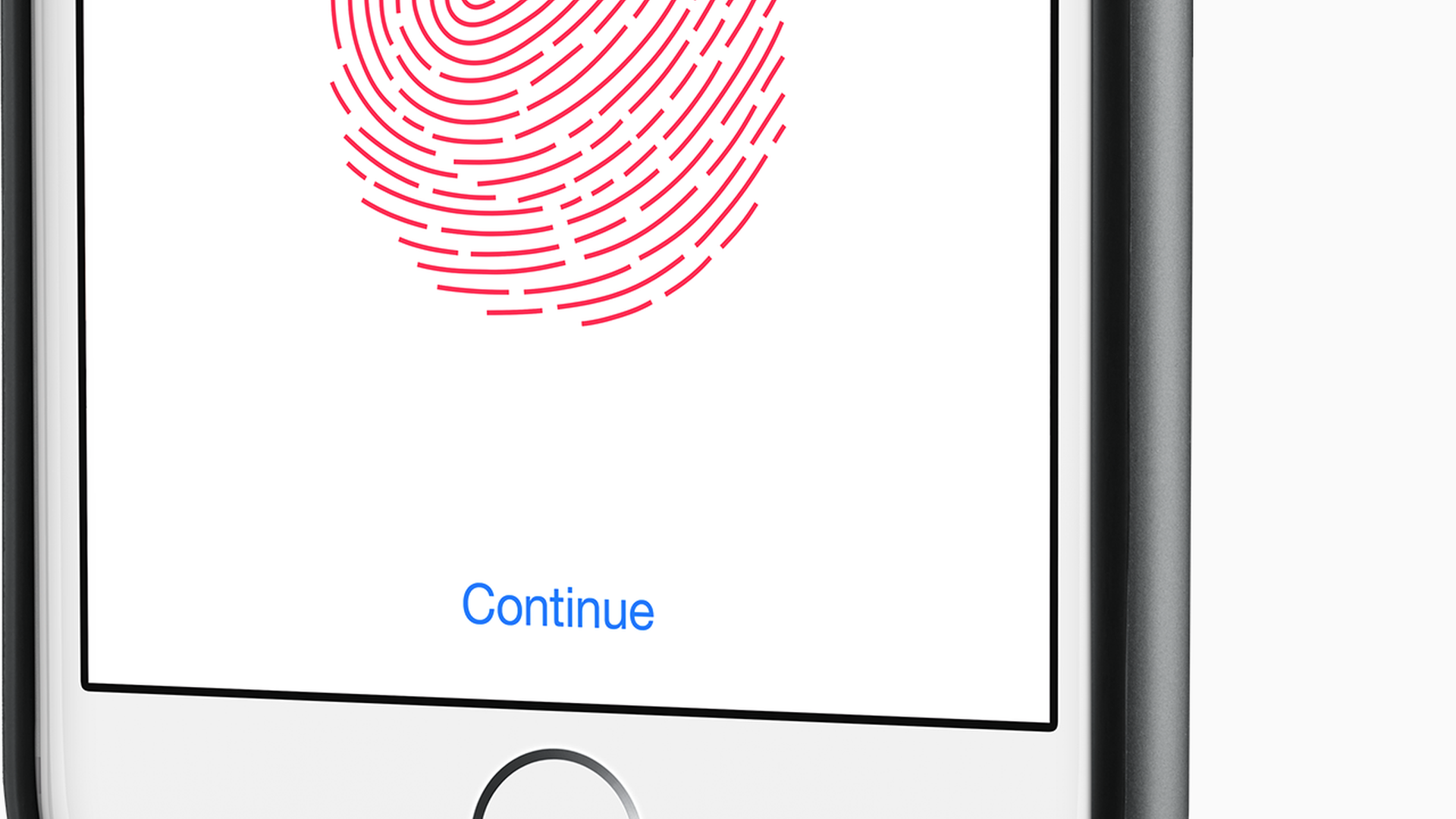2 years after FBI vs. Apple, encryption debate remains
Add Axios as your preferred source to
see more of our stories on Google.

Photo: Apple
It's been two years since the FBI and Apple got into a giant fight over encryption following the San Bernardino shooting, when the government had the shooter's iPhone, but not the password needed to unlock it, so it asked Apple to create a way inside.
What's most surprising is how little has changed since then. The encryption debate remains unsettled, with tech companies largely opposed and some law enforcement agencies still making the case to have a backdoor.
The case for strong encryption: Those partial to the tech companies' arguments will note that cyberattacks and hacking incidents have become even more common, with encryption serving as a valuable way to protect individuals' personal information.
The case for backdoors: Criminals are doing bad stuff and when devices are strongly encrypted they can do it in what amounts to the perfect dark alley, completely hidden from public view.
What's next: The issue could well come up again, with deputy attorney general Rod Rosenstein a passionate voice for what he calls “responsible encryption” — that is, encryption necessary to protect consumers’ information balanced with the ability of law enforcement to access that information with a court order.
“I fully appreciate the position that many technology companies are in,” Rosenstein said in a recent interview with Axios' Kim Hart. “We think the desire to prevent devices from being misused to promote criminal activity is a legitimate factor companies should consider in engineering those devices.... The movement toward law enforcement-proof encryption devices is going to be harmful in the long run to the interests of law enforcement and to citizens.”
Critics warn that such tools will inevitably fall into the hands of both hackers and repressive governments.
Dig deeper: Here's a Time magazine story from March 2016 that took a deep dive into the issue and included an interview with, among others, Apple CEO Tim Cook.
